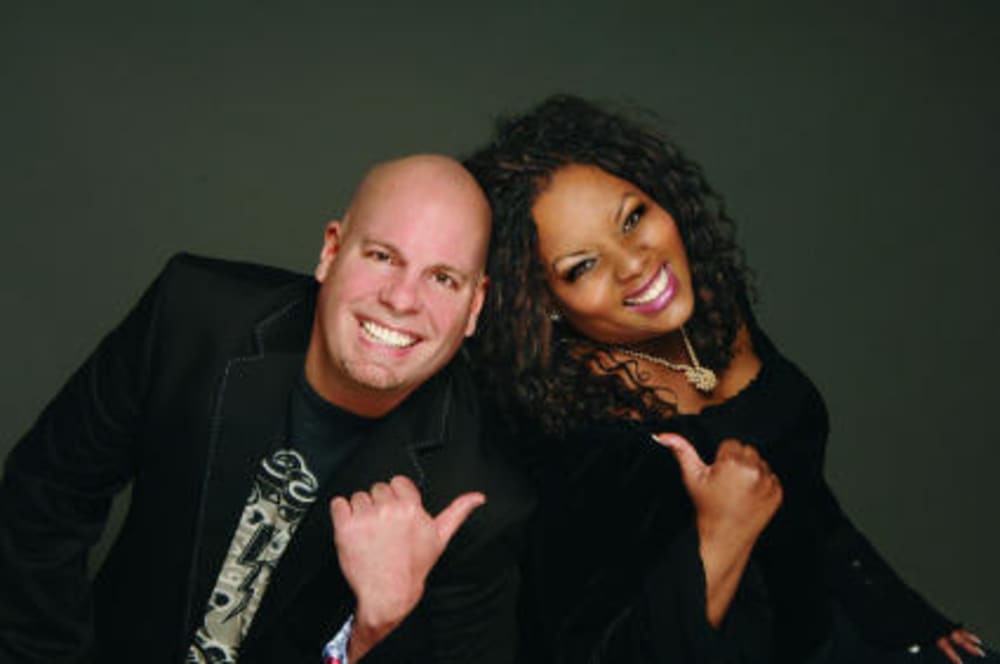Less Local Radio
Kidd Kraddick kicks Maria Todd to afternoons: Dallas DJ takes over Houston's Mix96.5 mornings
 Maria Todd is being pushed to afternoons and her morning partner Brad Booker waslet go.
Maria Todd is being pushed to afternoons and her morning partner Brad Booker waslet go. Kidd Kraddick, in front, takes over mornings.khmx.radio.com
Kidd Kraddick, in front, takes over mornings.khmx.radio.com
You might have noticed one Houston radio station was a little more excited than the others this morning about the Dallas Mavericks championship.
Monday was the first day KHMX, commonly known as Mix 96.5, aired the syndicated Kidd Kraddick in the Morning show. Kraddick and his Dallas-based team replace Maria Todd and Brad Booker in the morning slot, with Todd moving to afternoons from 2-7 p.m. and Booker no longer employed at the station.
"It's going to be a complete lifestyle change," Todd tells CultureMap. "I've been doing mornings for more years than I even want to say. But I'm looking forward to the challenge and trying something new."
Todd says she is in discussion with the station on what elements from the morning show would continue in her new time slot, but she says there will be plenty of pop culture and her opinions.
Kraddick has been on the air in Dallas since 1992, and the current cast — longtime co-hosts Kellie Rasberry, Big Al Mack and others — is syndicated in over 85 markets across the country.
Interestingly, before returning to Houston Todd had a brief stint on the Kidd Kraddick show in 2006 while Rasberry was out on maternity leave.
While Kraddick is an award-winning drive-time DJ and has earned respect in Dallas through his Kidd's Kids charity program, the introduction of a major new syndicated program fits into a trend of Houston stations giving up local personality, especially after the sale of KTRU.
Did you listen to Kidd Kraddick this morning? Do you like his show or will you miss Booker & Maria?
